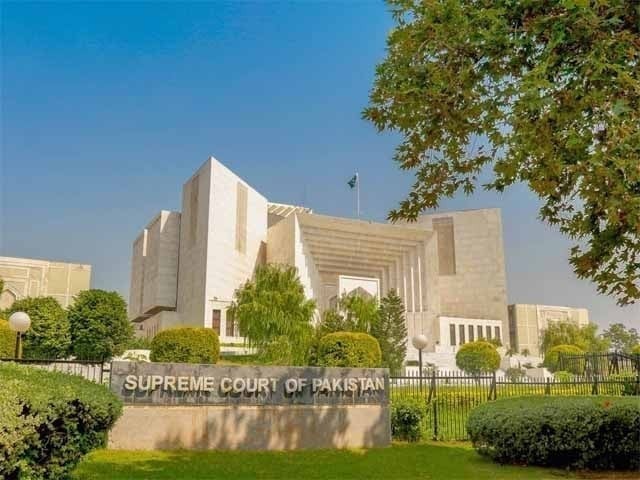The petition seeks to have the Supreme Court annul the amendment, asserting that Parliament should refrain from passing legislation that could compromise judicial autonomy or obstruct the administration of justice

By our correspondent
ISLAMABAD: A new legal challenge to Pakistan’s 26th constitutional amendment has been initiated with a petition filed in the Supreme Court by advocate Mian Asif. The petition, submitted under Article 184(3), names the federal government, the Ministry of Law, and the Attorney General as respondents. Asif’s filing argues that the 26th amendment undermines judicial independence, which he deems essential to Pakistan’s constitutional framework.
The petition seeks to have the Supreme Court annul the amendment, asserting that Parliament should refrain from passing legislation that could compromise judicial autonomy or obstruct the administration of justice. This petition is the second recent legal challenge against the 26th amendment, following a similar petition filed just two days earlier by Afrasiab Khattak. Khattak’s petition also targets the amendment, listing all major political parties, including the Pakistan Muslim League-Nawaz (PML-N) and Pakistan Peoples Party (PPP), as respondents.
Criticism of the 26th amendment has also come from Jamaat-e-Islami Pakistan (JI) chief Hafiz Naeem-ur-Rehman, who has condemned both the government and the Pakistan Tehreek-e-Insaf (PTI) for their support of the amendment and announced plans to contest it in court. Adding to the discourse, Afrasiab Khattak, affiliated with the National Democratic Movement (NDM), has submitted another petition in the Supreme Court, contesting the 26th amendment on procedural grounds. Khattak has included various political parties, including PML-N, PPP, PTI, and Jamiat Ulema-e-Islam (F), as respondents, arguing that the amendment threatens judicial independence and alleging that members of parliament were coerced into supporting it.
PTI leader Shoaib Shaheen has also voiced the party’s intention to challenge the amendment, labeling it as an “attack on judicial independence.” Shaheen emphasized that PTI’s opposition is rooted in concerns over the broader implications of the amendment, particularly regarding the autonomy of the judiciary. As these legal challenges unfold, they highlight the ongoing tensions surrounding judicial independence and the role of the legislature in Pakistan’s political landscape. The Supreme Court’s forthcoming decisions on these petitions could have significant implications for the balance of power among Pakistan’s branches of government.



